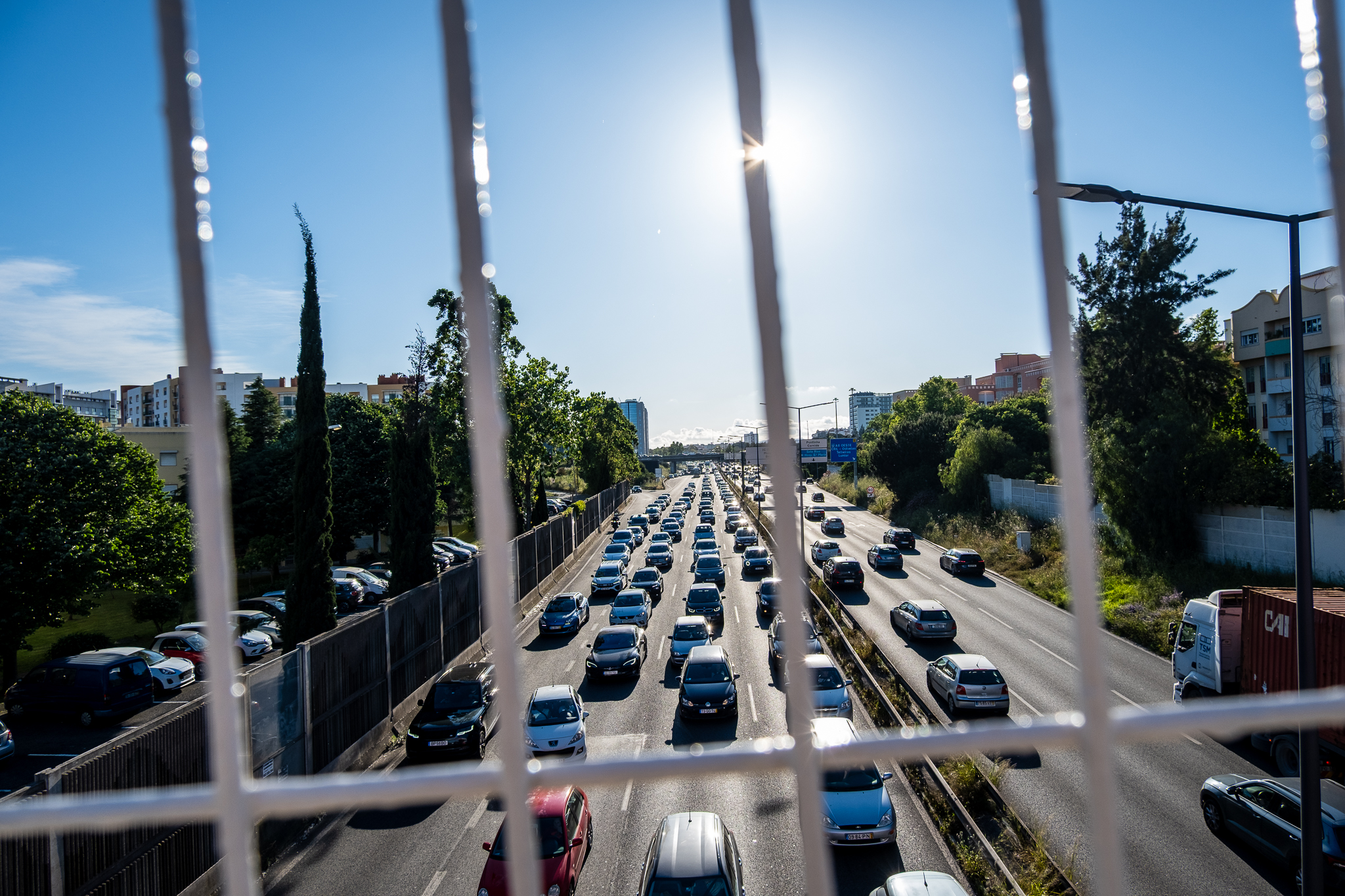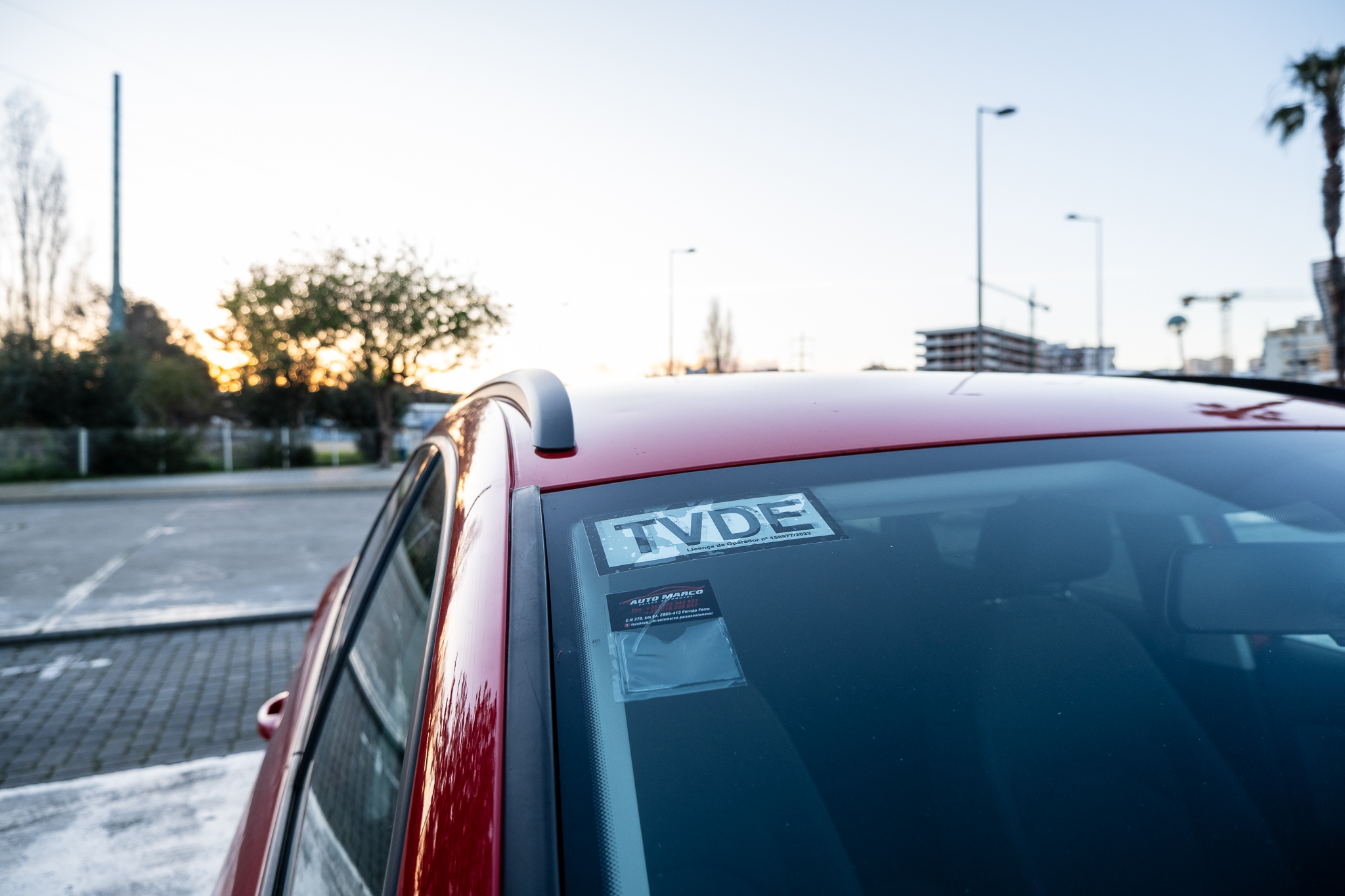Some scooter and bicycle operators have already technologically limited the use of these vehicles in the city, for example in pedestrian areas; but the Lisbon City Council is working on a regulation to create a common language for all shared soft mobility in the city.

Lisbon will have a municipal regulation for shared soft mobility, in order to systematize and standardize the use of bicycles and scooters in the city of Lisbon, announced the Councilman for Mobility, Ângelo Pereira, in mid-May. Already this week more details were given about the future regulation, namely the intention of the Lisbon Municipality to use geolocation technology to organize the shared vehicles in the city, both in terms of circulation and parking.
One of the main concerns of the municipality is the abusive parking of bicycles and scooters in public space, often hindering pedestrian mobilitybut also the circulation of these vehicles on sidewalks or even in forbidden directions. If, on the one hand, these behaviors may indicate the absence of adequate infrastructure, on the other hand, they generate conflicts and friction with other city users.
"This document [the Municipal Regulation of Shared Mobility] will include the knowledge and sensibility of all stakeholders, and we started this auscultation with a work meeting with all the operators that act in Lisbon. We want an efficient, comfortable and sustainable mobility".wrote Ângelo Pereira still in May in a tweet, after a meeting with the private companies that share scooters and bicycles in Lisbon.
Currently, four private companies operate in the city, namely Boltwhich has a fleet of scooters and dockless electric bikes; the Birdwhich offers only scooters but plans to launch bicycles soon; the Linkwhich only offers scooters; and LimeThe company, an Uber company that also only provides scooters at the moment. In all, there will be around 11 thousand dockless scooters and shared bicycles in Lisbon - vehicles that do not have a fixed start and stop point.
Public consultation until the end of the year
"The city has to be for everyone"said Carlos Moedas, Mayor of Lisbon, at the decentralized public meeting held this week on the parishes of Belém, Ajuda and Alcântara. "We have to have policies so that we can get everyone in the city in harmony"he added, adding that almost every week he asks the Alderman of Mobility about the status of the regulation that is being created. "The scooters can't be stopped everywhere. We have to have a system - and today there is technology for that - so that the scooter doesn't turn off if it's not parked in the right place."the Mayor exemplified.
"We are working at the technological level on a solution to prevent both scooters and bicycles from turning off the trip meter only in areas that the municipality defines as parking zones."explained Ângelo Pereira, indicating that the idea is also "prevent scooters from entering oncoming public roads and riding on sidewalks that the municipality defines as prohibited for scooters".
All soft mobility shared vehicles already have built-in GPS locators and the users of these vehicles also have a GPS signal on their cell phones, so, with a detailed map of the city, it will be possible to make this technological control of the circulation and parking of shared scooters and bicycles. Some operators have already, through their apps, forced users to park their vehicles in bicycle parking spots in the city and in other authorized areas; if they don't, they can, in theory, be penalized. There are also companies reducing the maximum speed of vehicles automatically in pedestrian areas or turning off the engine completely when people circulate in areas of the city defined as gray (such as the entire Chelas Valley, for example).
With the future Municipal Regulation of Shared Mobility we intend to create a common language. "We anticipate that the regulations will be completed and approved, both at a meeting of the City Council and the Municipal Assembly, after public consultation, by the end of the year, to take effect from the beginning of next year"said the Councilman of Mobility. Ângelo Pereira was responding to the concerns of a citizen in the decentralized public meeting about abusive parking of bicycles and scooters on sidewalks. Thus, by the end of the year, we should know this Regulation and present our contributions, in a formal public consultation process.










